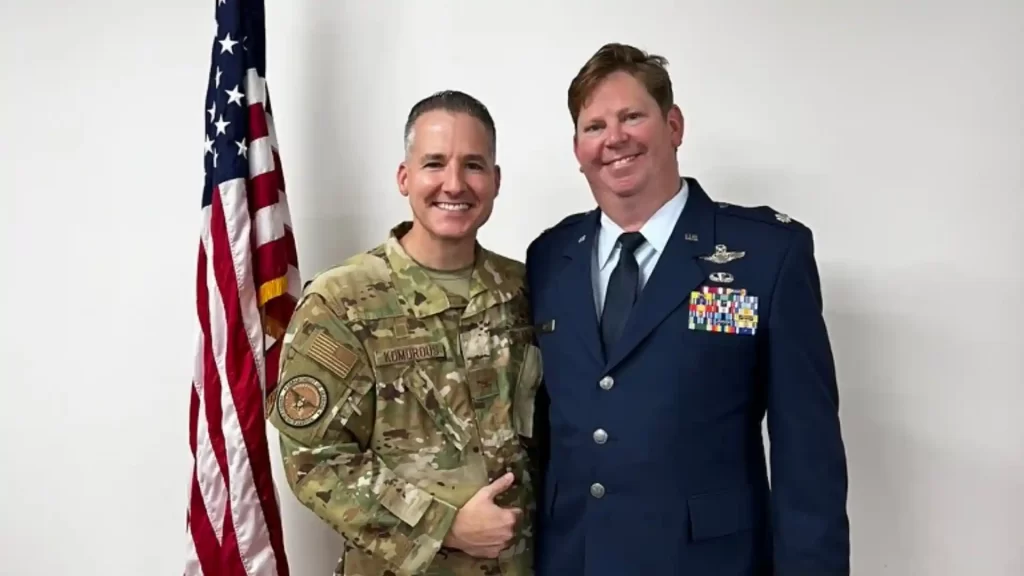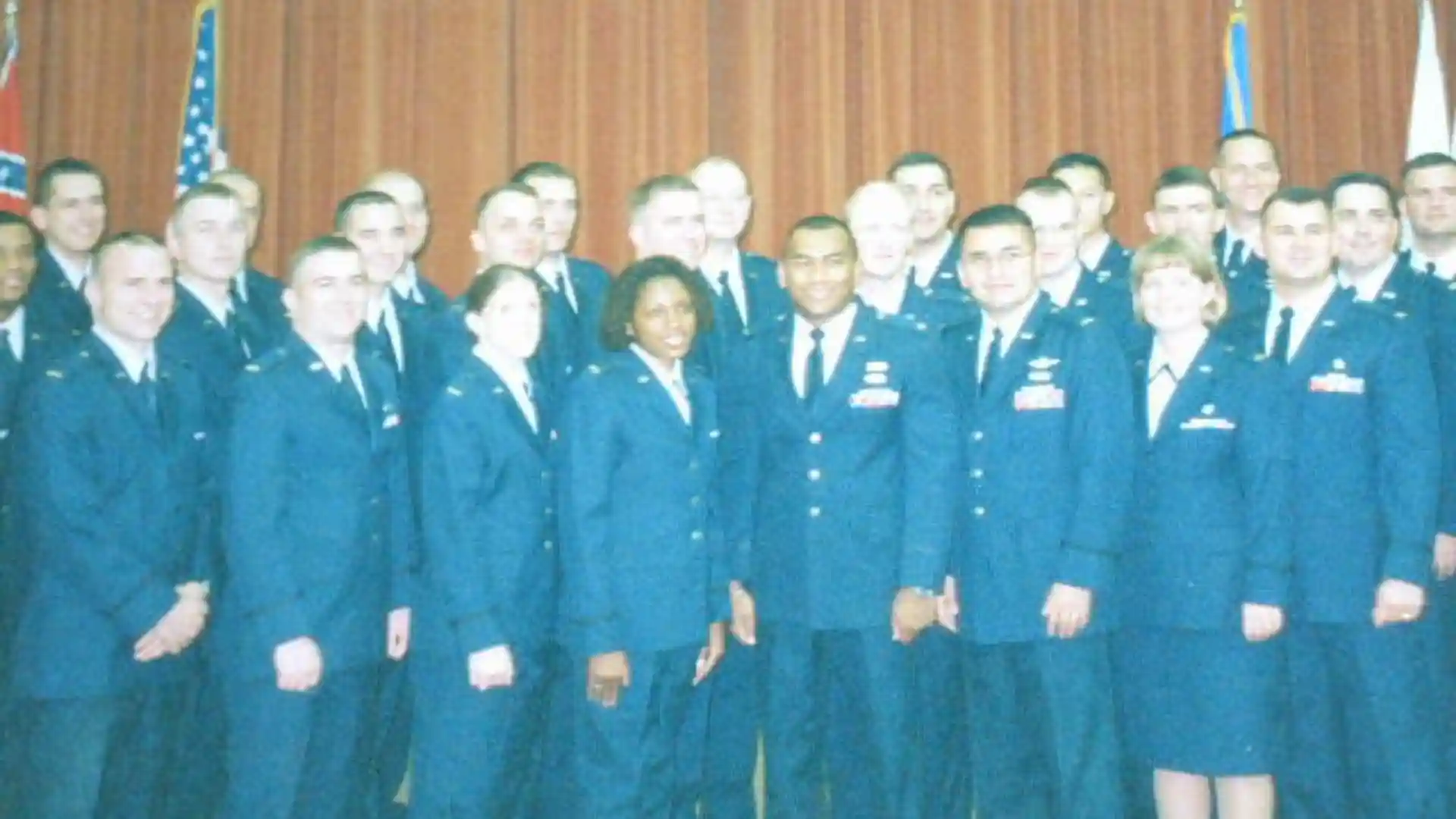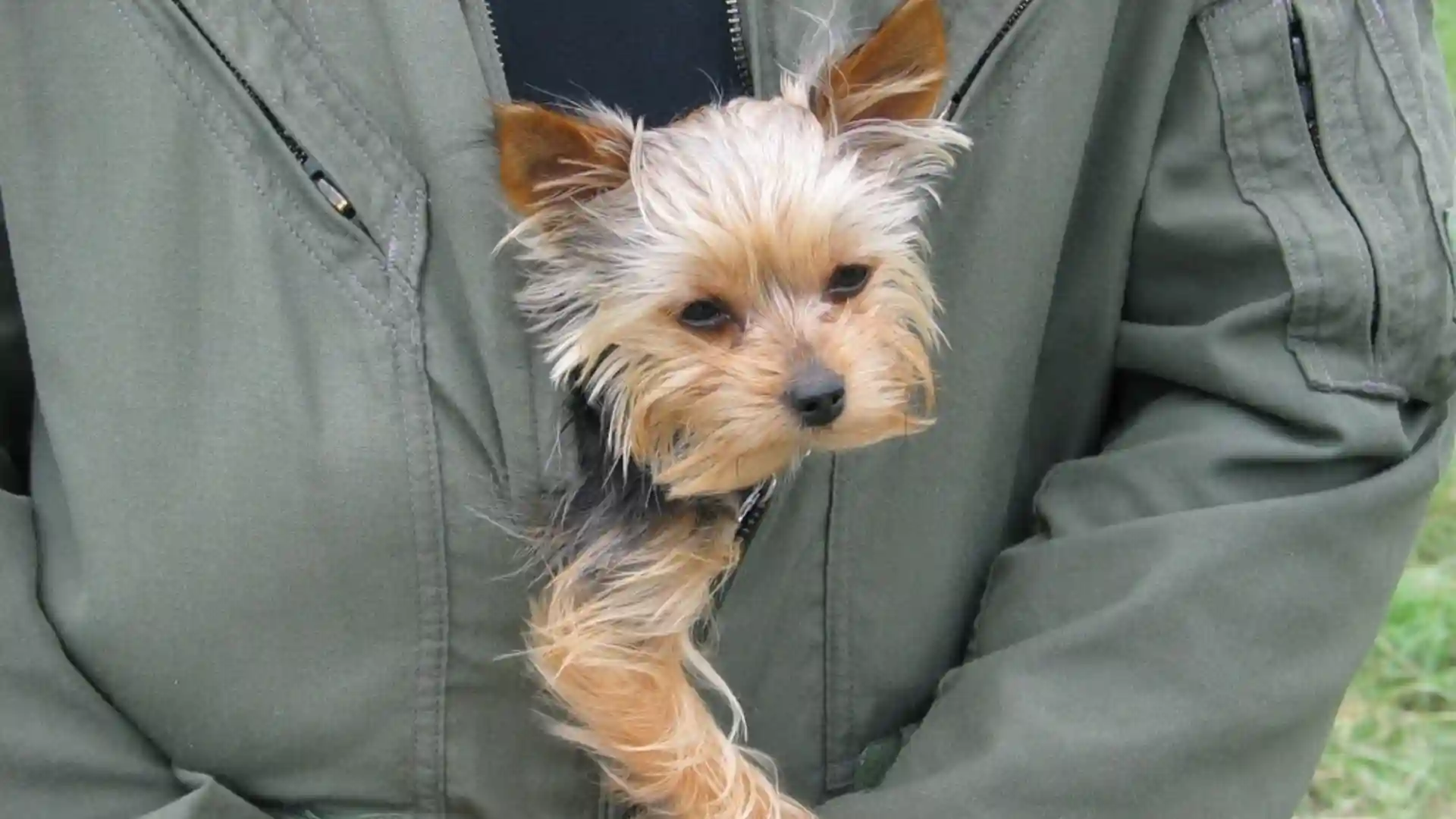The sea is a place of wonder. It’s wide, deep, and full of life. But it can also turn deadly in a flash. One moment, it’s calm. The next, it’s wild and angry. To survive at sea, you need more than strength. You need focus, hope, and the will to keep going.
That’s what the Voice of Valor, Marine Survival Podcast is all about. It shares true stories of people who faced the worst at sea — and made it out. The podcast brings their voices to life. You hear from those who lived through storms, shipwrecks, and fear. You also hear from the heroes who saved them.
I remember my first time on a small rescue craft during a training mission. The waves weren’t even that high, but it still tested every ounce of my nerve. That’s why these stories hit close to home.
Table of Contents
ToggleReal Accounts of Survival Against Ocean Odds
The sea does not play favorites. It doesn’t care if you’re a pro or a first-timer. Anyone can get caught in trouble.
That’s why these stories hit hard. They are real. One episode shares the story of a man in a kayak, swept far from shore by a fast-moving storm. He had no radio. Very little food. Still, he kept calm and made it through. His voice shook when he spoke, but his message was clear — stay strong, stay smart.
Another story covers a fishing crew whose boat was sinking. They had just minutes to act. The way they worked together saved their lives.
What grabs you most is the fear they felt — and how they pushed past it. These stories remind us that when the sea turns against you, there’s no time to freeze. You act or you don’t survive.
Interviews with Survivors and Rescuers
The podcast doesn’t stop at the survivors. It also brings in the people who came to help.
We hear from rescue swimmers, divers, and coast guard teams. They tell us how they got the call, what they faced, and how they got people out alive. These are not movie stunts — they’re real events.
One diver told of jumping into ice-cold water. Waves slammed into him. He still found a way to get to the yacht, pull out the people, and guide a helicopter in. I could feel his breath quicken as he spoke. You don’t forget that kind of story.
The survivors also open up. Many cried when they spoke. Some felt guilt. Some felt peace. All of them shared a moment where they thought, this is it. But they kept going.
These voices stay with you. They teach us what it means to fight — not just with the body, but with the heart.
Life Lessons from the Deep Blue
Each story teaches something. Not just about gear or safety. But about how people act when it all goes wrong.
The podcast breaks down what worked and what didn’t. It shares what tools saved lives. It shows how calm thinking beat panic. Many survivors say the same thing — I didn’t expect this, but I had to deal with it.
For me, one lesson stood out. A woman who had been adrift said, “I stopped thinking about how far I was from shore. I just focused on staying alive one more hour.” That mindset saved her.
I’ve seen that kind of mindset on a military survival drill. One teammate panicked, but another kept his cool by repeating, “Just one more minute.” He kept us together. That kind of mental focus matters.
What It Takes to Stay Alive at Sea
If you want to live through a sea disaster, you need three things: prep, mindset, and quick thinking.
- Preparation: Many guests say the same thing — have your gear ready. Know where it is. Check it often. A simple flare or life vest can make all the difference.
- Mindset: You need mental strength. Even if you’re cold, scared, and hurt, your brain has to work. Hope can be a lifeline.
- Adaptability: No plan survives the sea. One man used shirts to build a sail. Another used a broken paddle to signal a plane.
These tips are not told like rules. They come out naturally in the stories, which makes them easy to remember.
Behind the Scenes of Marine Emergencies
The podcast also pulls back the curtain on rescue work. It shows how much happens between the call for help and the save.
We learn how rescue teams plan their moves. Weather, light, and gear all play a part. One episode shares how a radio dispatcher juggled calls from ten boats in distress — and still got help to each.
That story hit me hard. I had no idea how much stress these folks face. And yet they keep doing it, day after day.
This behind-the-scenes view makes you respect them even more.
The Heart of the Podcast
“Voice of Valor” is not just a name. It tells you what the show is about — real courage.
Not just the big acts, like jumping into rough water. But also the small ones. Holding on. Staying calm. Comforting a crew member. Waiting for rescue when you feel all alone.
One story I can’t forget is a young sailor. She clung to wreckage for two days. She had cuts, no food, and jellyfish around her. But she made it. Her voice — soft, steady — was full of grace.
That’s valor.
This podcast gives those voices a place to be heard. It keeps their stories alive. And it reminds us that courage lives in all of us, even if we don’t see it yet.
Conclusion
The sea can be calm. It can also be cruel. For those who go out there, every trip comes with risk. But some come back with stories that leave us speechless.
The Voice of Valor, Marine Survival Podcast honors those people. It tells their stories with care. It helps us learn. And it shows us the deep strength of the human spirit.
Whether you sail, fish, dive, or just enjoy stories of grit and grace — this podcast is for you. It makes you think, makes you feel, and may even save your life one day.
So tune in. Listen close. The next voice of valor could be the one that teaches you how to survive.







